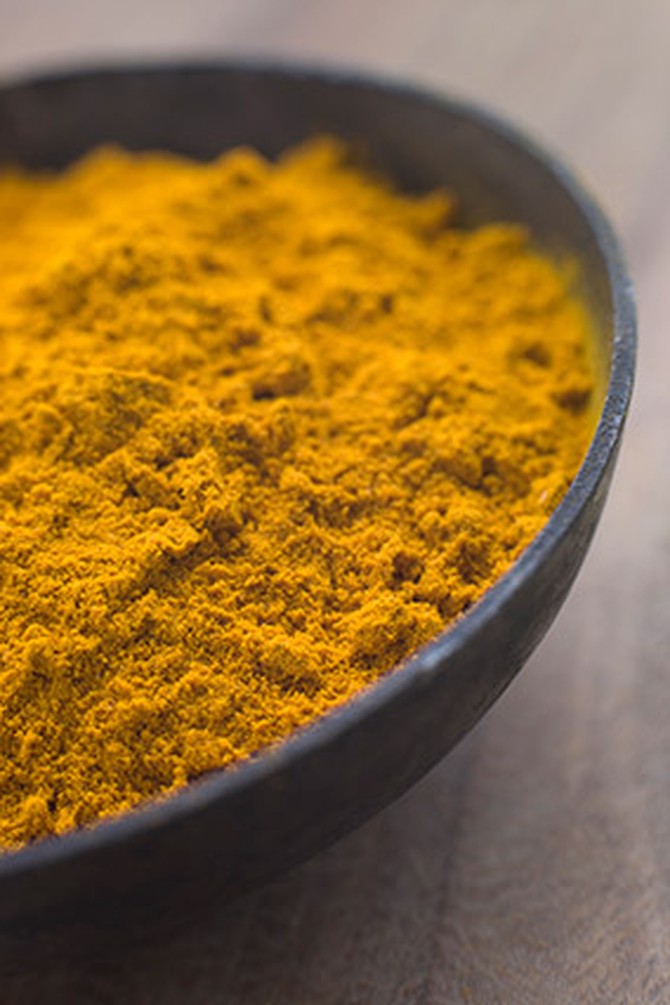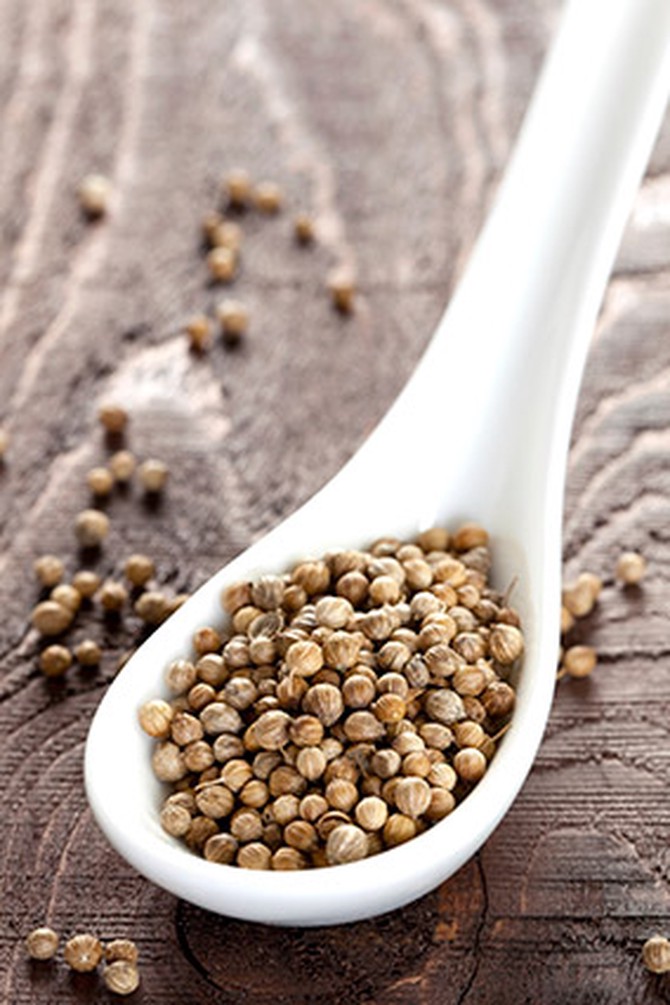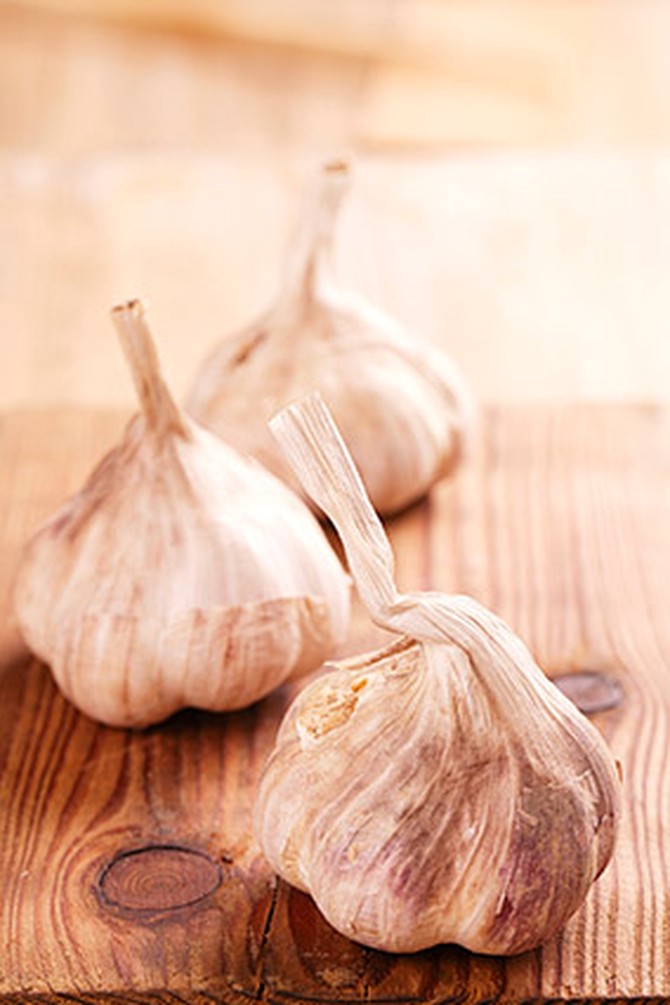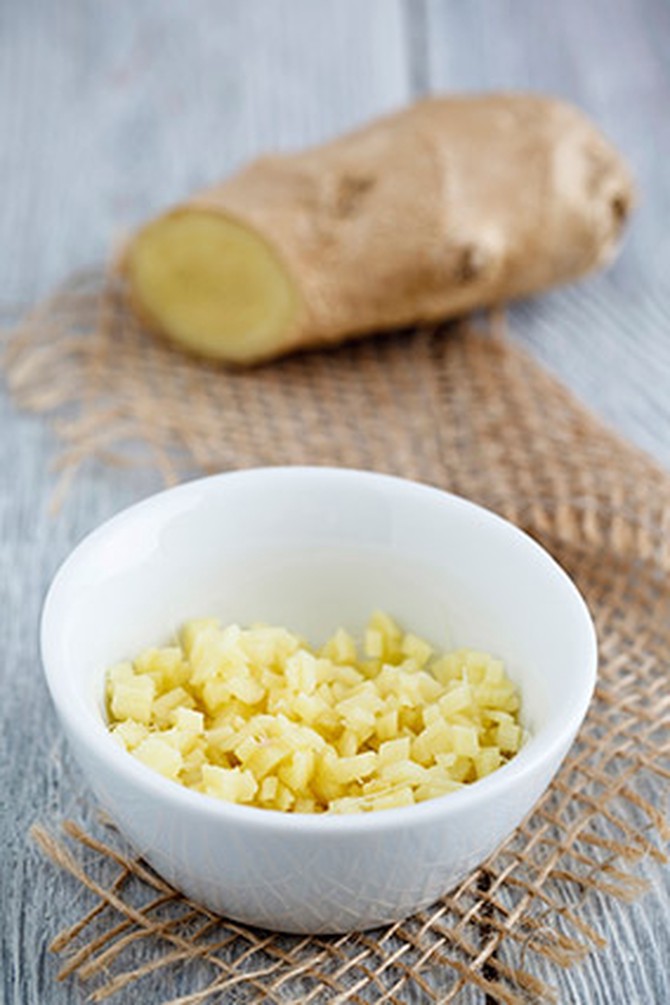6 Amazing Remedies Sitting in Your Spice Rack
Your kitchen counter might already hold the cure for what ails you.
By Nicole Frehsée

Photo: Thinkstock
Since time immemorial, humans have used spices to better their food—and their bodies. Our ancestors knew which spices would settle an upset stomach, relieve inflammation, and more. Now a spate of studies has finally proved that whether you've got achy muscles, a cold that just won't quit, or a case of the blues, reaching for a natural healer may be just what the doctor ordered.
Cinnamon
Good For You: Cinnamon may lower your diabetes risk. By triggering enzymes that stimulate insulin receptors and inhibiting enzymes that deactivate them, it can improve cells' ability to absorb glucose from the blood. Taking less than a half teaspoon daily for 40 days can decrease blood sugar by 25 percent. Cinnamon has also been found to reduce triglycerides and harmful cholesterol.
Tastes Great, Too: Most of us associate cinnamon with baking, but it also pairs well with savory dishes like lamb chops and tomato soup, says Lior Lev Sercarz, owner of New York City boutique La Boîte Biscuits & Spices.

Photo: Thinkstock
Turmeric
Good For You: Turmeric is thought to have cancer-thwarting properties. UCLA researchers have found that curcumin, an antioxidant in the spice, can help prevent and treat head and neck cancers by blocking a protein that promotes tumor growth. That same protein causes joint inflammation, so curcumin could also reduce arthritis risk.
Tastes Great, Too: Sercarz stirs a half teaspoon of turmeric into lemonade for an extra dash of tartness; Williams adds it to hummus for a sunny burst of color.
Tastes Great, Too: Sercarz stirs a half teaspoon of turmeric into lemonade for an extra dash of tartness; Williams adds it to hummus for a sunny burst of color.

Photo: Thinkstock
Saffron
Good For You: In a 2008 study, 76 percent of women who took saffron capsules daily reported a 50 percent drop in PMS symptoms like mood swings and fatigue. The spice may also help alleviate mild to moderate depression. In a 2005 study, saffron supplements were as effective as a common antidepressant in reducing depressive symptoms.
Tastes Great, Too: Steep saffron in any liquid to infuse whatever you're cooking with its flavor. It's also delicious in desserts; Sercarz likes poaching peaches in saffron-laced fruit juice.
Tastes Great, Too: Steep saffron in any liquid to infuse whatever you're cooking with its flavor. It's also delicious in desserts; Sercarz likes poaching peaches in saffron-laced fruit juice.

Photo: Thinkstock
Coriander
Good For You: Coriander (known as cilantro in its leafy form) is a powerful bacteria fighter. A recent study found that oil from coriander seeds—which destroys dangerous cells by damaging their membranes and interfering with cellular respiration—is effective in wiping out strains from E. coli to salmonella.
Tastes Great, Too: Add the seeds to everything from fruit salads to pasta. Or try culinary nutritionist Tricia Williams's trick of steeping toasted coriander seeds in olive oil, then tossing quinoa in the flavored oil.
Tastes Great, Too: Add the seeds to everything from fruit salads to pasta. Or try culinary nutritionist Tricia Williams's trick of steeping toasted coriander seeds in olive oil, then tossing quinoa in the flavored oil.

Photo: Thinkstock
Garlic
Good For You: Garlic helps protect your immune system by boosting production of infection-fighting white blood cells. In a British study, 70 people who took daily garlic supplements for 12 weeks came down with 24 colds, versus 65 colds in a placebo group of 72 people. Allicin, garlic's main active component, is thought to block enzymes that lead to viral infections.
Tastes Great, Too: Try Sercarz's tip of drizzling a head of garlic with olive oil, roasting it, then squeezing and spreading the cloves on crostini or sandwiches.
Tastes Great, Too: Try Sercarz's tip of drizzling a head of garlic with olive oil, roasting it, then squeezing and spreading the cloves on crostini or sandwiches.

Photo: Thinkstock
Ginger
Good For You: Reach for ginger when you're feeling nauseated. Scientists believe that through various processes in the digestive tract—including blocking serotonin receptors in the small intestine—it can help keep you from throwing up. It also has anti-inflammatory properties: A 2010 study found that people who consumed two grams of ginger daily for 11 days experienced about a 25 percent drop in exercise-induced muscle pain.
Tastes Great, Too: Sercarz sautés fresh ginger with veggies, fish, or chicken. Or sprinkle powdered ginger into creamy salad dressing for a healthy kick.
Next: 25 superfoods to incorporate into your diet today
Tastes Great, Too: Sercarz sautés fresh ginger with veggies, fish, or chicken. Or sprinkle powdered ginger into creamy salad dressing for a healthy kick.
Next: 25 superfoods to incorporate into your diet today
From the November 2012 issue of O, The Oprah Magazine

